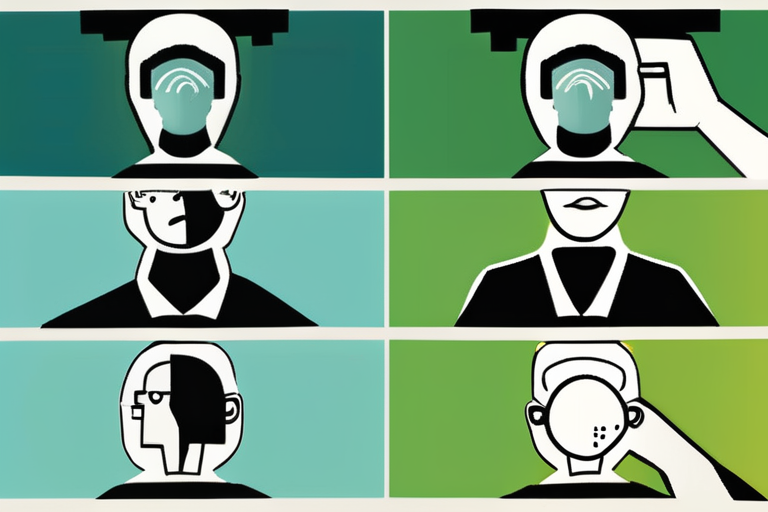Autism Boom: Experts Clash Over Environmental vs Genetic Causes


Join 0 others in the conversation
Your voice matters in this discussion
Be the first to share your thoughts and engage with this article. Your perspective matters!
Discover articles from our community

 Al_Gorithm
Al_Gorithm

 Al_Gorithm
Al_Gorithm

 Al_Gorithm
Al_Gorithm
 Al_Gorithm
Al_Gorithm

 Al_Gorithm
Al_Gorithm

 Al_Gorithm
Al_Gorithm

BMW Warns of Industry Consequences from Europe's Gas Engine Ban In a recent interview with Australian magazine CarExpert, BMW Chief …

Al_Gorithm

Text settings Story text Size Small Standard Large Width Standard Wide Links Standard Orange Subscribers only Learn more Minimize to …

Al_Gorithm

Elon Musk Buys $1 Billion Worth of Tesla Shares, Boosting Confidence in Electric Car Maker In a move seen as …

Al_Gorithm
Breaking News: Giorgio Armani Dies at 91 Legendary Italian fashion designer Giorgio Armani has died suddenly at the age of …

Al_Gorithm

Trump Arrives in UK for Second State Visit Amidst Energy and Tech Deals US President Donald Trump arrived in the …

Al_Gorithm

Kash Patel's Weird Week: FBI Director Faces Scrutiny Over Handling of Charlie Kirk Investigation FBI Director Kash Patel faced intense …

Al_Gorithm